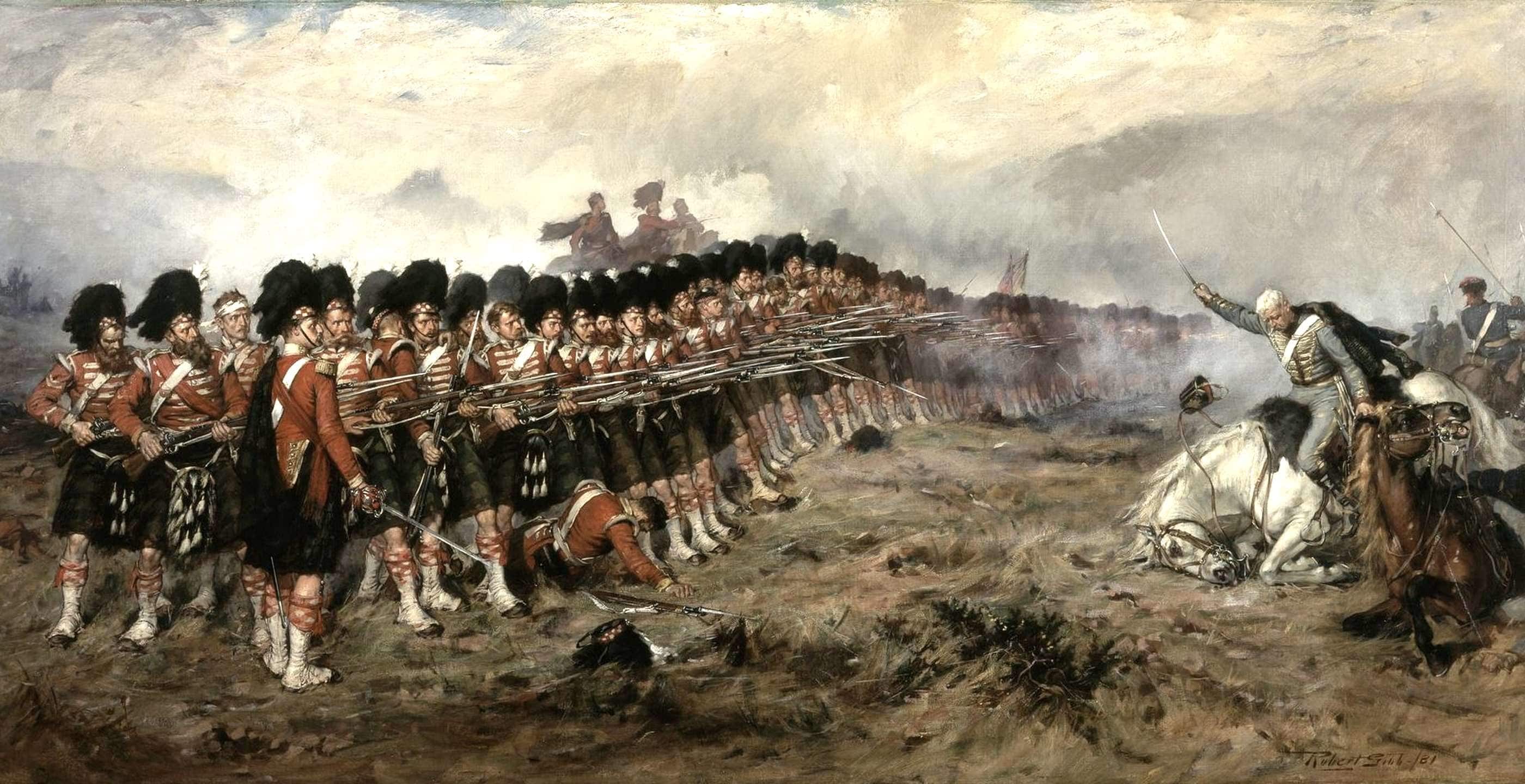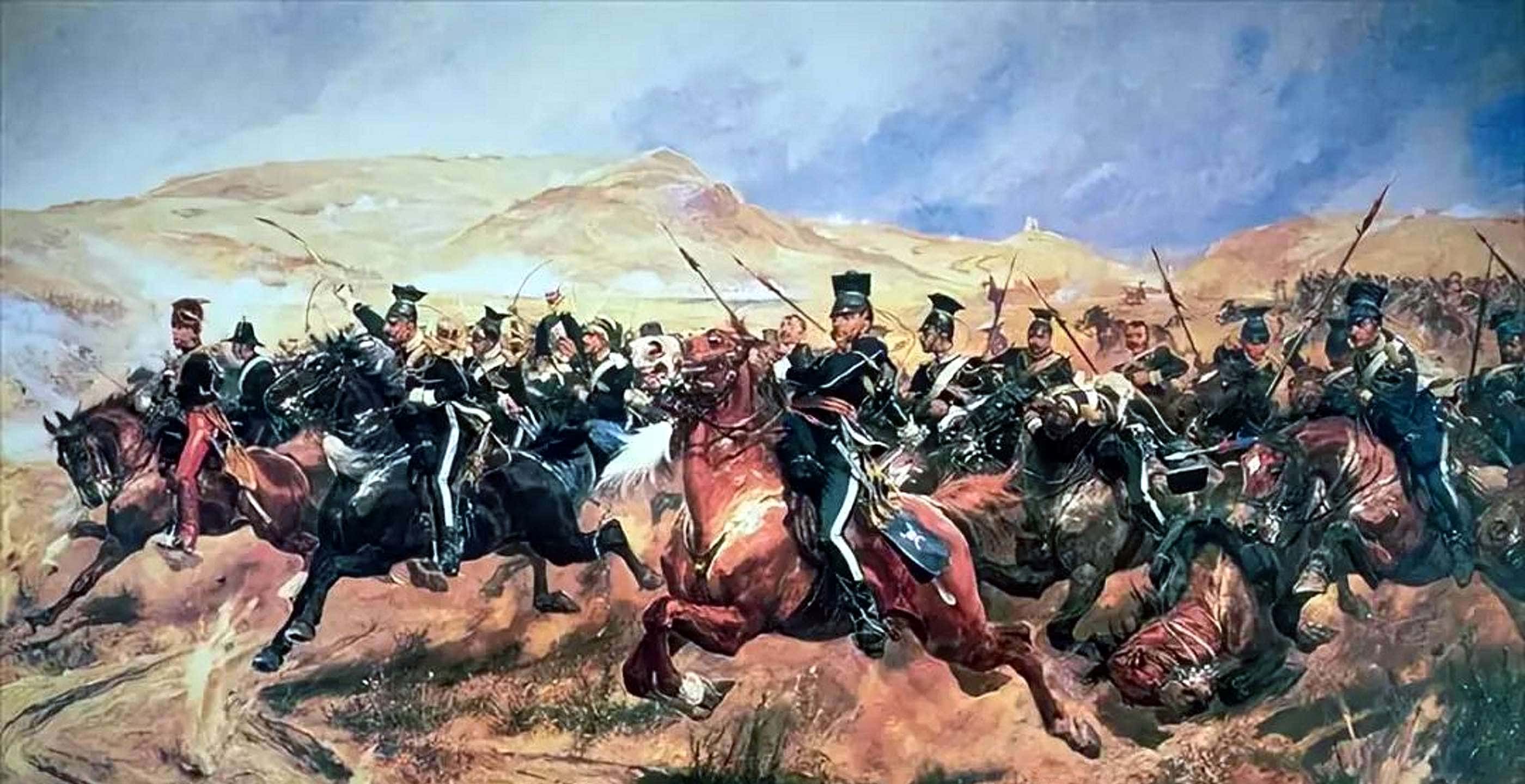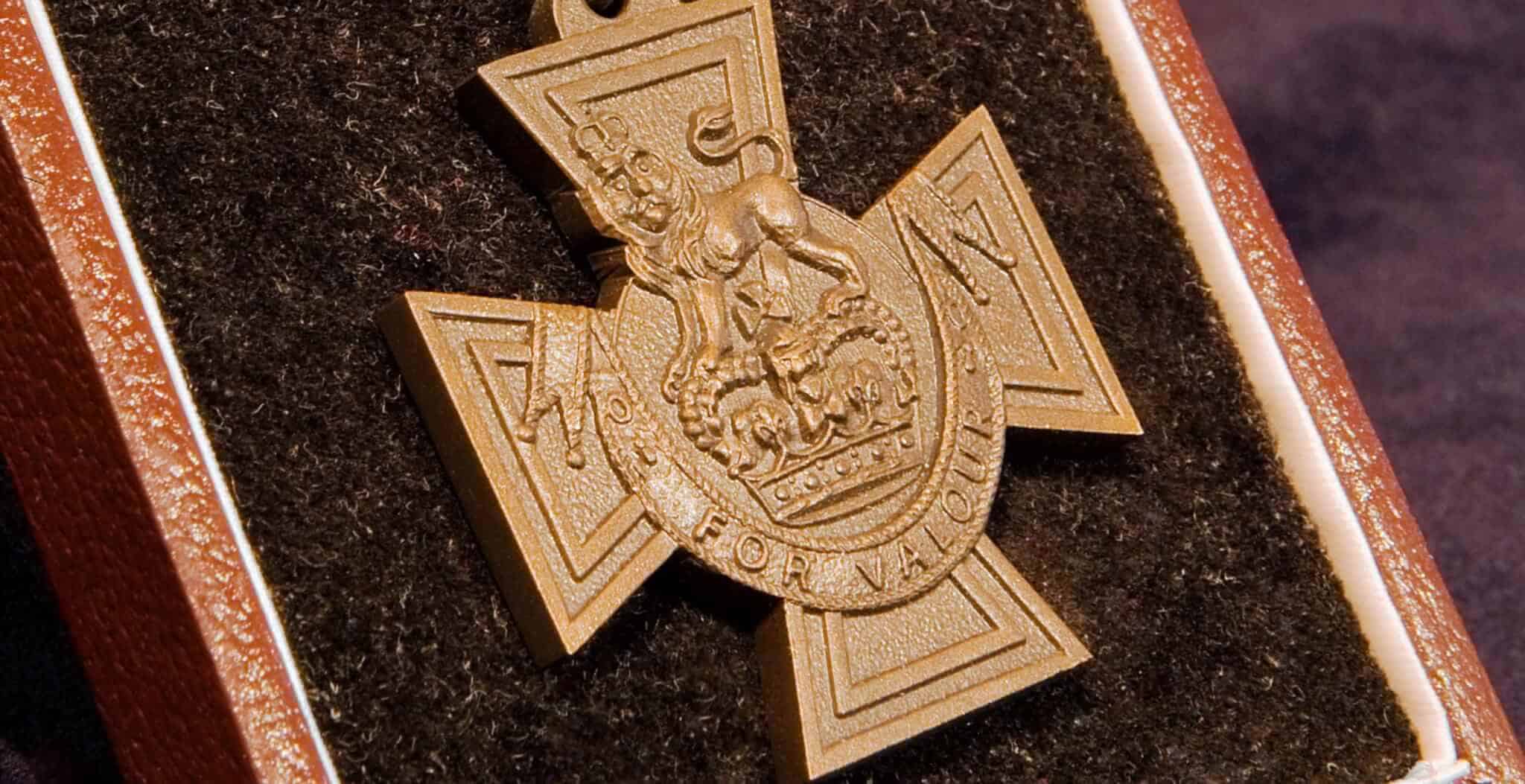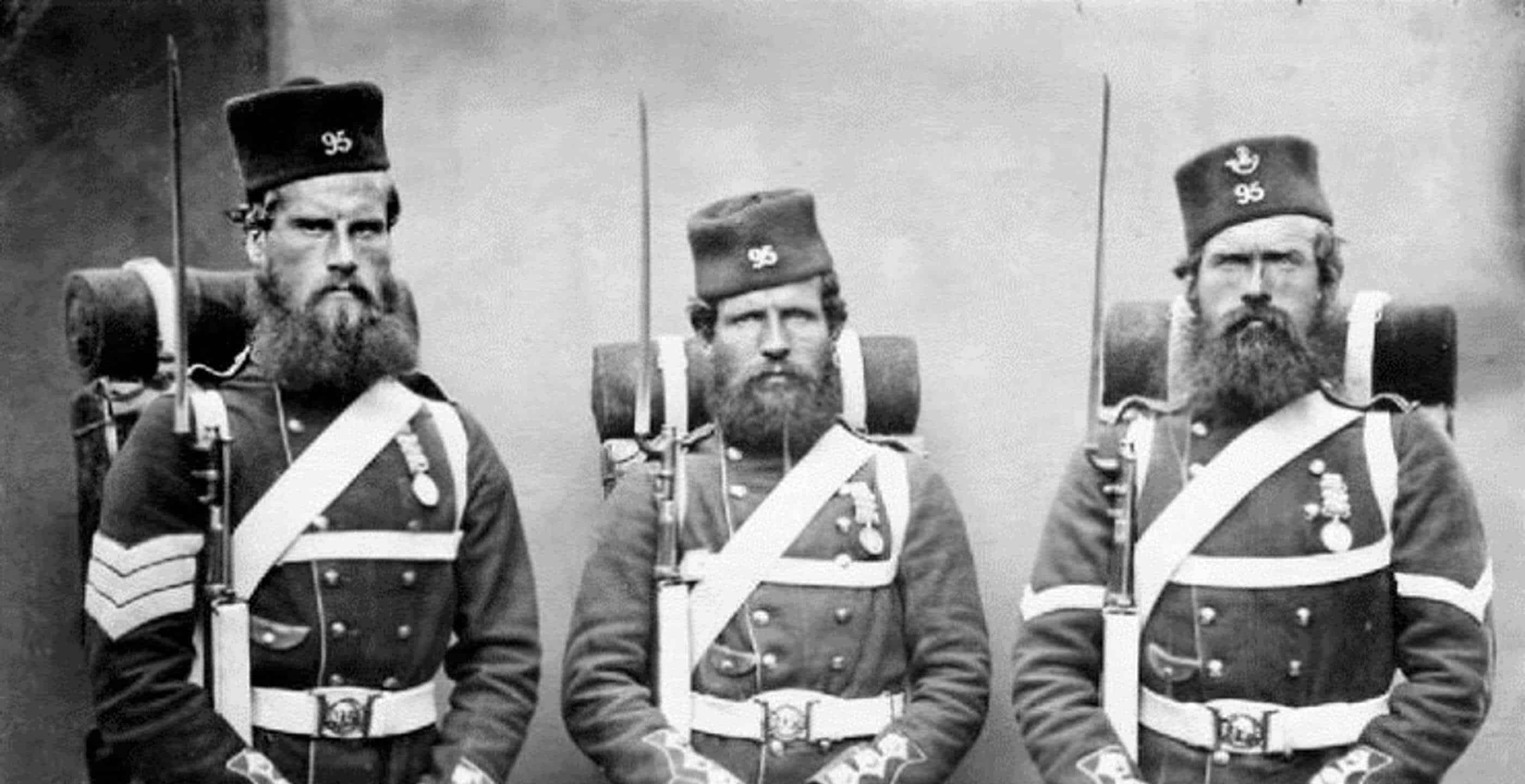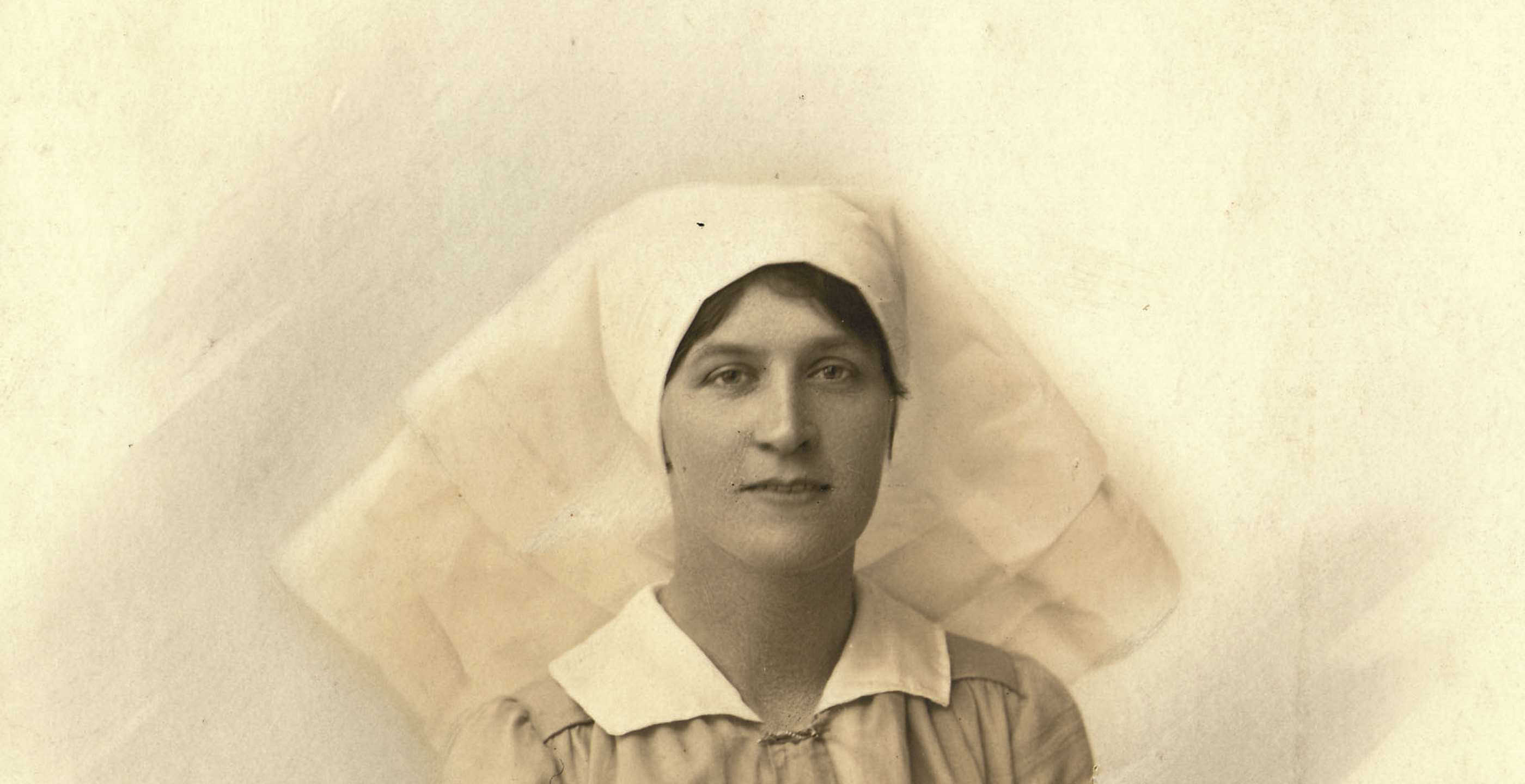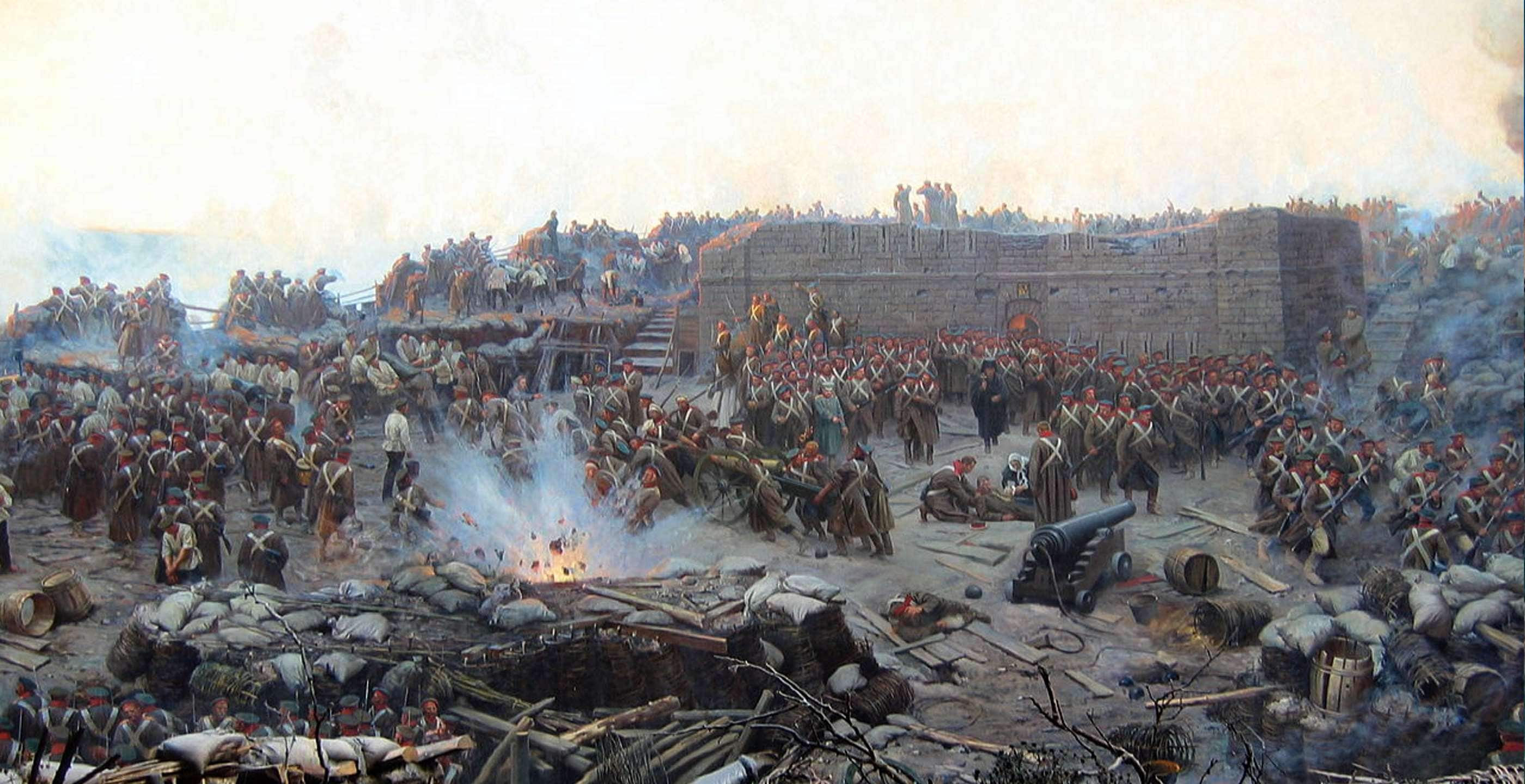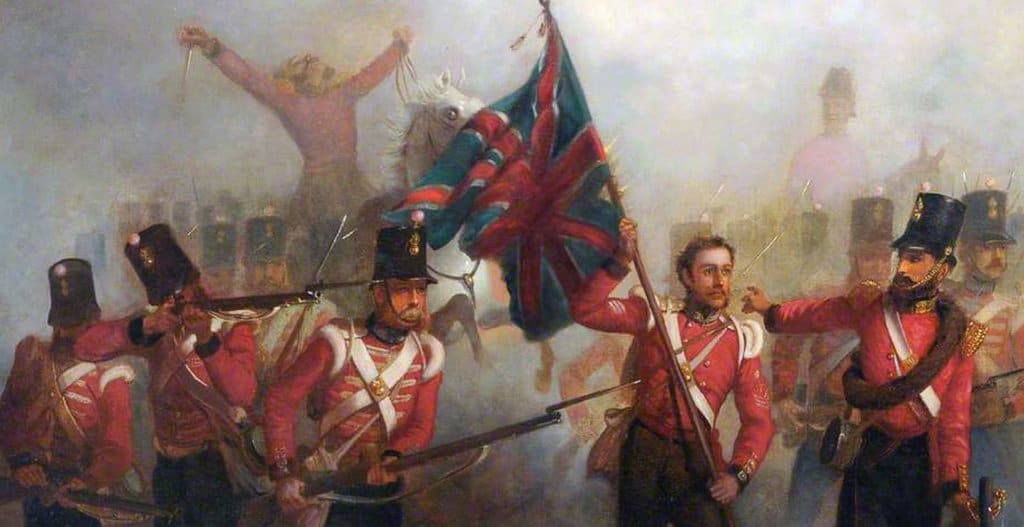The Crimean War was a conflict fought between the Russian Empire against an alliance of French, British, Ottoman and Sardinian troops. The war broke out in the autumn of 1853 and came to a conclusion in March 1856 with the Treaty of Paris. The Crimean War was a conflict resulting in a large death toll and for many had far-reaching consequences.
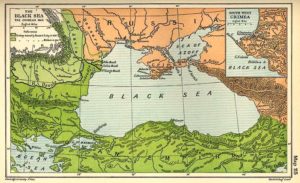
February 1853- Prime Minister Lord Aberdeen appoints Stratford Canning as British Ambassador to the Ottoman Empire.
2nd March 1853- Prince Alexander Sergeyevich Menshikov is sent on a special mission and travels to Constantinople with demands.
April 1853- Lord Stratford sails to Constantinople where he seeks the Sultan’s rejection of a Russian proposed treaty which he claims would be a slight on the independent status of the Turks.
21st May 1853- Menshikov leaves Constantinople, thus breaking off relations.
31st May 1853- The Russians give ultimatum to Turkey.
June 1853- Following the breakdown in diplomatic discussions between the Ottomans and the Russians, the Tsar decides to send an army to the Danubian Principalities of Moldavia and Wallachia.
July 1853- Escalating tensions leads to Britain sending a fleet to the Dardanelles, linking up with a similar fleet sent by the French.
July 1853- Turkish troops stand up against Russian army who have occupied what is now modern-day Romania, along the Russo-Turkish border. The Turks are supported in their action by the British.
23rd September 1853- The orders are given for the British fleet to sail to Constantinople, modern-day Istanbul.
4th October 1853- The Turks declare war on Russia.
5th October 1853- The outbreak of the Crimean War.
October 1853- The conflict ensues with the Turks leading an offensive against the Russians in the disputed Danubian territories.
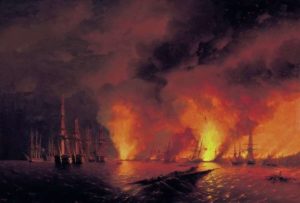
30th November 1853- The Battle of Sinope, a Russian naval victory which sees the destruction of a squadron of Ottoman ships anchored in the harbour. The Russian victory prompts retaliation from the Western forces.
3rd January 1854- The Ottomans receive back-up in the Black Sea as French and British fleets enter the waters.
28th March 1854- Britain and France declare war on Russia.
August 1854- Austria, which remains neutral in the war, occupies the Danubian principalities which Russia had evacuated some months previously.
7th September 1854- The Allied troops led by French commander Maréchal Jacques Leroy de Saint-Arnaud and British commander Lord Fitzroy Somerset Raglan set sail from the Ottoman port of Varna with around 400 ships. They leave Ottoman territory with no obvious plan of attack, a lack of planning that would characterise much of the conflict.
14th September 1854- The Allied troops arrive in Crimea.
19th September 1854- Initial encounter at River Bulganek.
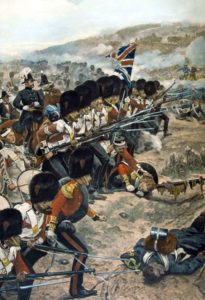
20th September 1854- The Battle of Alma takes place, named after the River Alma. The frenetic and ill-conceived attack is fought between Allied troops against the Russian forces.
The Allies march towards Sevastapol which they deem to be strategically significant whilst the Russians go to the Alma Heights, a position offering some defensive protection, led by their commander Prince Alexander Sergeyevich Menshikov.
The French pursue the Russians up the cliffs whilst the British eventually force the Russians back with their rifle power. The Russians are forced to retreat. The bloodshed is already amounting to the thousands, with around 10,000 in total, almost half of them Russian.
17th October 1854- The Siege of Sevastapol is marked by the Allied navy bombarding the city six times. During the besieging of the city many important battles will ensue.
The city is strategically important because it is the location of the Tsar’s Black Sea Fleet, seen as a threat to the Mediterranean.
The port would remain vitally important throughout the war, with Allied forces managing to encircle Sevastapol only after the Russian army withdrew. The siege would only reach its conclusion almost a year after the first moves had been made.

23rd October 1854- Florence Nightingale and around 38 other nurses travel from England to help tend to the wounded.
25th October 1854- The Battle of Balaclava forms part of the wider conflict involving the siege of Sevastapol.
In October the Russian forces gather together reinforcements, greatly outnumbering their Allied opponents. The Russians subsequently launch their assault against the British base, initially gaining control of important ridges surrounding the port. Despite this, the Allies manage to hold onto Balaklava.
As the Russians are held off, the Allied forces make the crucial decision to recover some of their guns, a fateful choice that led to the infamous Charge of the Light Brigade.
The resulting chaos and miscommunication between officers results in around six hundred men led by Lord Cardigan riding straight into a doomed mile-and-a-quarter-long charge, facing shots from three different directions. This fateful moment in the war was memorialised by Alfred Lord Tennyson in his famous poem.
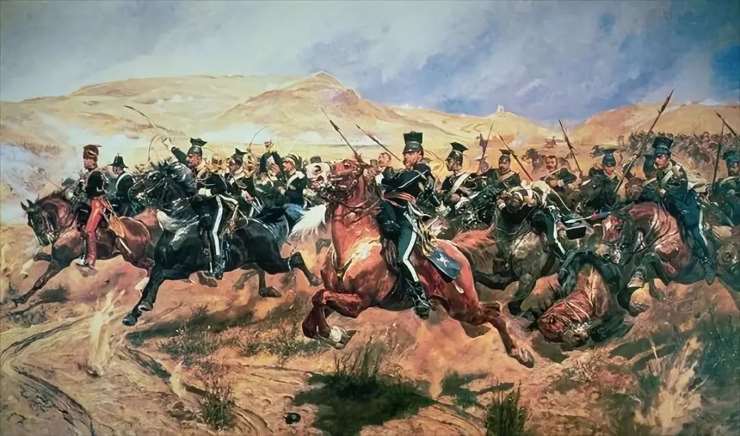
26th October 1854- The Battle of Little Inkerman
5th November 1854- The Battle of Inkerman results in the British and French holding the field and forcing a Russian withdrawal.
January 1855- Benjamin Disraeli, Leader of the Opposition, blames Lord Aberdeen and the British ambassador Stratford for their role in instigating the conflict, inevitably leading to a series of events, a subsequent enquiry and the resignation of Aberdeen.
10th January 1855- The Russians abort attack at Balaklava.
26th January 1855- The Sardinians enter the war and send 10,000 troops to assist Allied forces.
17th February 1855- The Battle of Eupatoria, an important port city in western Crimea. The Russians led by General Khrulev attempt to launch a surprise attack on Ottoman garrison, which ultimately fails as the Ottomans and Allied fleet respond forcefully, leaving Khrulev no alternative but to retreat.
20th February 1855- The aborted attack by Allied forces at Chernaya.
22nd February 1855- Russian army assault successfully seizes and manages to fortify the Mamelon (a strategic hillock).
24th February 1855- French launch assault on the “White Works” which proves to be unsuccessful.
9th April 1855- 2nd bombardment by Allied forces against Sevastapol.
19th April 1855- Successful British assault on the rifle pits.
6th June 1855- 3rd bombardment of the city of Sevastapol.
8th-9th June 1855- The Allied forces successfully assault the “White Works”, Mamelon and “The Quarries” (8-9 June 1855)
17th June 1855- 4th bombardment of the capital, Sevastapol.
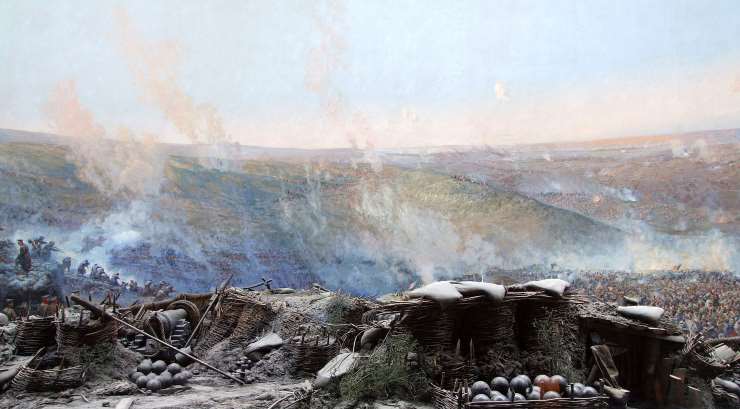
18th June 1855- Allied assault proves unsuccessful against Malakoff and Great Redan.
16th August 1855- Battle of Chernaya. Fought on the outskirts of Sevastapol, the battle is a Russian offensive acting on the orders of Tsar Alexander II. The plan is to push back Allied forces and end the siege of the city. The result is an Allied victory forcing a Russian retreat.
17th August 1855- 5th bombardment of the besieged city of Sevastapol.
5th September 1855- 6th and final bombardment of Sevastapol by Allied forces, the conclusion of the year-long siege of the city.
8th September 1855- Allies assault the Malakoff, Little Redan, Bastion du Mat and the Great Redan. The French make strategic gains in Russia’s defences.
9th September 1855- Russians retreat from Sevastopol bringing the siege to a conclusion.
11th September 1855- The Siege of Sevastapol ends. The Russians evacuate the city and blow up forts as well as sink their ships.
The war enters another phase.
29th September 1855- The Russians attack on Kars is brutal and lasts seven hours. They are unsuccessful.
October 1855- The Ottomans are in desperate need of reserves in Kars as they are running out of supplies. Due to treacherous weather conditions, reinforcements are unable to reach the garrison.
25th November 1855- The surrender of Kars to General Muravyov. The Russians are shocked by the conditions.
16th January 1856- The Tsar accepts the Austrian demands.
1st February 1856- Russia feels pressurised by the threat of Austria joining the Allies, forcing a preliminary discussion on peaceful terms and conditions.
24th February 1856- The Paris Peace Conference opens.
29th February 1856- Armistice in the Crimea.
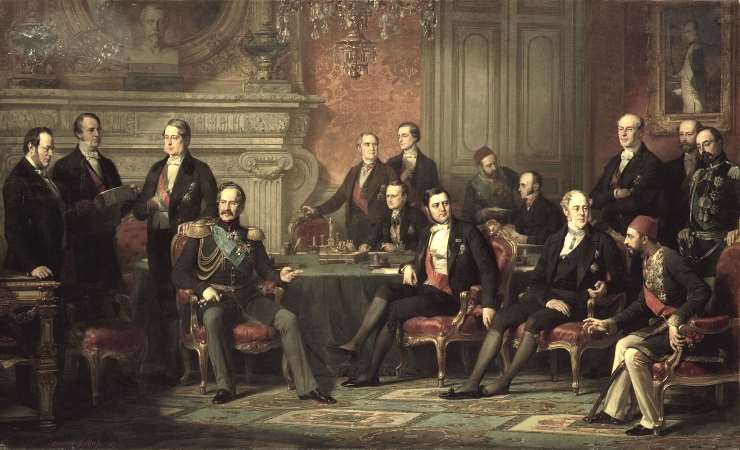
30th March 1856- The Treaty of Paris is signed.
The treaty addresses the issue of territorial disputes and redraws the boundaries once more.
Issues of Russian expansionism and the importance of the Ottoman Empire would however continue to be a feature in geopolitical events.
Jessica Brain is a freelance writer specialising in history. Based in Kent and a lover of all things historical.
